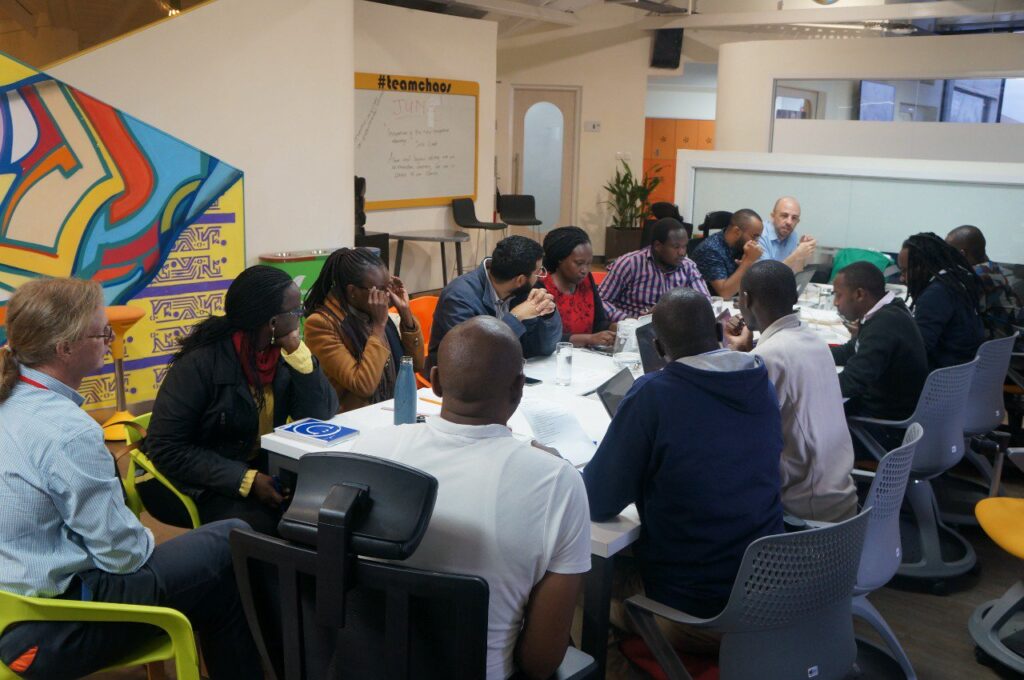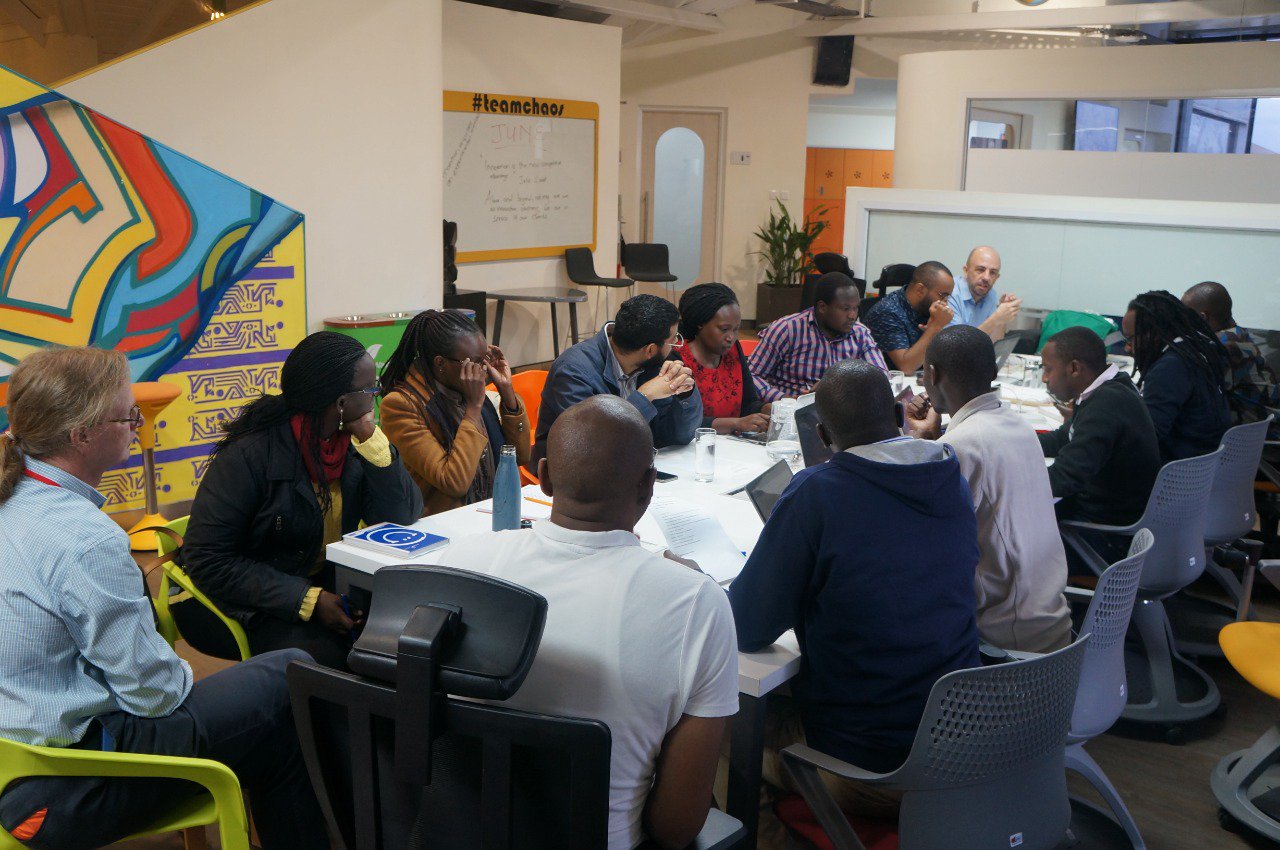
The African startup ecosystem is still in its early stages but has grown significantly over the past decade. An increasing number of entrepreneurs and investors are recognizing the potential for growth and innovation on the continent. As a result, Africa is now home to some of the world’s most exciting and promising start-ups, in a range of sectors including fintech, agritech, and healthcare. Currently, there is a growing number of African startups also focusing on artificial intelligence, blockchain, and cybersecurity in addition to education and entertainment.
One of the major reasons behind the startup boom is the expansion of finance and assistance for entrepreneurs in Africa. Incubators, accelerators, and venture capitalists have played a crucial role in the growth of the African startup ecosystem. Over the past decade, a growing number of venture capital firms and impact investors have been investing in African start-ups, and the number continues to grow as more investors recognize the potential for high returns and positive social impact. These organizations provide much-needed support, mentorship, and funding to startups to help them grow and scale.
Four countries continue to hold fort as the leading startup ecosystems in Africa and they are South Africa, Nigeria, Kenya and Egypt. Although other countries are slowly getting on trend and trying to catch up especially when it comes to funding, the vast majority of activity and investment on the continent from a startup perspective come from those four markets.
Though these four countries are identified as the leading African startup ecosystems, in reality according to a report by Disrupt Africa, the majority of activity occurs in just a handful of cities. No fewer than 425 – 88.4 per cent – of the Nigerian tech startups are based out of Lagos, with capital city Abuja coming a poor second with just 23 ventures. Nairobi is the dominant hub of Kenya’s startup ecosystem, with 97.4 per cent of the Kenyan tech startups based out of the city. Similarly, a huge 93.6 per cent of Egypt’s tech startups are from Cairo.
South Africa is the only one of the “big four” where activity is more evenly spread. Cape Town is often portrayed as the “startup capital” of South Africa, and indeed sometimes of the whole continent, but in terms of activity it is less dominant than you might have expected. The “Mother City” does indeed account for the largest number of startups, with 225 – 45.9 per cent – of the ventures tracked by the Disrupt Africa report, active there. However, with 204 active startups, representing 41.6 per cent of the total – Johannesburg can rightfully claim to be a leading startup city in its own right.
Taking into account the different sectors, Fintech leads the way across three of the four leading countries, with statistics that are closely similar. Just over 30 per cent of Kenyan tech startups operate in the fintech space, almost three times more than nearest challengers in agri-tech and e-health. In Nigeria, 36 per cent of the startups tracked are fintech ventures, again almost three times more than any other sector.
Fintech is also a major driver of activity within the South African startup space, with 30 per cent of companies active in that space. That is once again almost three times as many startups as there are in any other individual vertical. In Egypt, however, e-commerce takes the lead. Over one-fifth of the country’s tech startups are active in the e-commerce or B2B retail-tech sectors; indeed, there are almost twice as many e-commerce and retail-tech startups as there are fintech ones. In relegating fintech to a distant second in terms of startup activity, Egypt stands in contrast to its fellow continental startup leaders South Africa, Nigeria and Kenya.
Africa has seen an increase in acceleration and incubation hubs and Kenyan startups have access to unparalleled levels of ecosystem support, with almost half the 481 companies tracked having undergone some form of acceleration or incubation over the course of their lifespan. This figure is only marginally better than Nigeria, where 217 companies were observed to have taken part in such programmes. In Egypt, 38.6 per cent of startups have been participants, while in South Africa the share is much lower, at 25.7 per cent.
From a funding point of view, Nigeria is the seems to have amassed the most investments on the continent. Between 2015 and mid-August 2022, about 383 tech startups raised a combined US$2,068,709,445 – a higher total than any other country. In second place, about 242 individual Kenyan startups secured investment between January 2015 and mid-November 2022 and secured a combined US$1,281,918,200. A total of 357 individual South African ventures raised a combined US$993,684,600 between January 2015 and April 2022, while US$791,072,500 was raised by 318 Egyptian tech startups across 447 individual rounds between January 2015 and September 2021.
Despite these optimistic trends African startups continue to confront substantial obstacles. The hurdle of securing finances is one of the primary challenges with many African startups struggling to secure funding from venture capitalists and angel investors. According to a report by the Africa Business Angel Network, less than 5% of African startups receive funding from angel investors. Moreover, African startups often face regulatory challenges, such as restrictions on foreign ownership and a lack of legal frameworks to support entrepreneurship. This makes it difficult for startups to operate across borders and expand their reach on the continent.
In the face of challenges faced on the continent such as unemployment and poverty, some countries have harnessed the youth energy and talent to drive sustainable development giving a beacon of hope to the rest of the continent and ultimately changing the economic landscape. African startups are generating jobs, tax revenue, and foreign investment, offering hope in the continent. The number of jobs created by funded startups has seen significant growth, demonstrating their positive impact on African economies. Moreover, these startups are diversifying industries such as energy, agriculture, healthcare, transportation, logistics and labor, contributing to economic growth. Their impressive revenue generation and ability to attract investment exemplify their potential to drive Africa’s GDP and prosperity.
These innovative ventures have the potential to reshape the continent’s future, but their success hinges on overcoming formidable challenges and creating a conducive environment for growth. Tackling issues such as corruption, ensuring freedom of speech, and improving infrastructure are crucial steps towards unlocking Africa’s entrepreneurial potential and fostering sustained economic prosperity. The impact of current African startups goes beyond economic gains; they also serve as beacons of inspiration, offering hope to a generation, paving the way for a brighter tomorrow and providing Africa a promising future.


